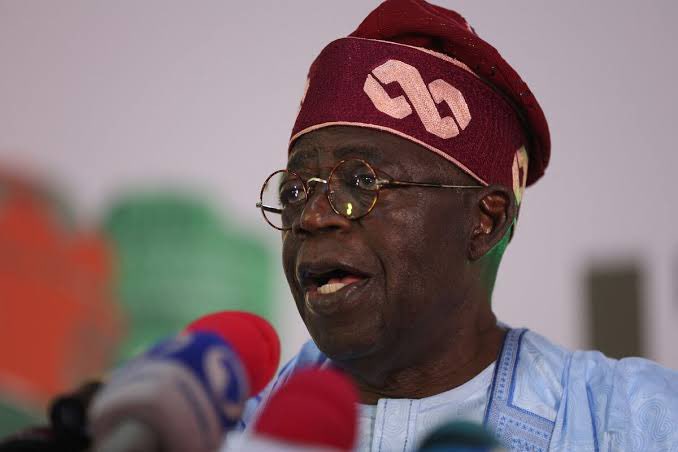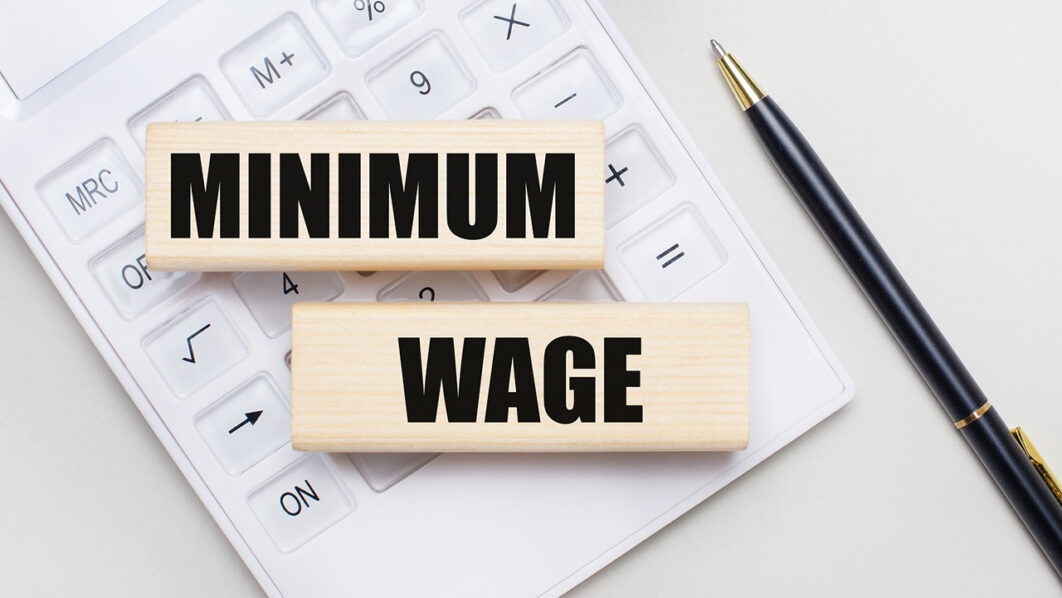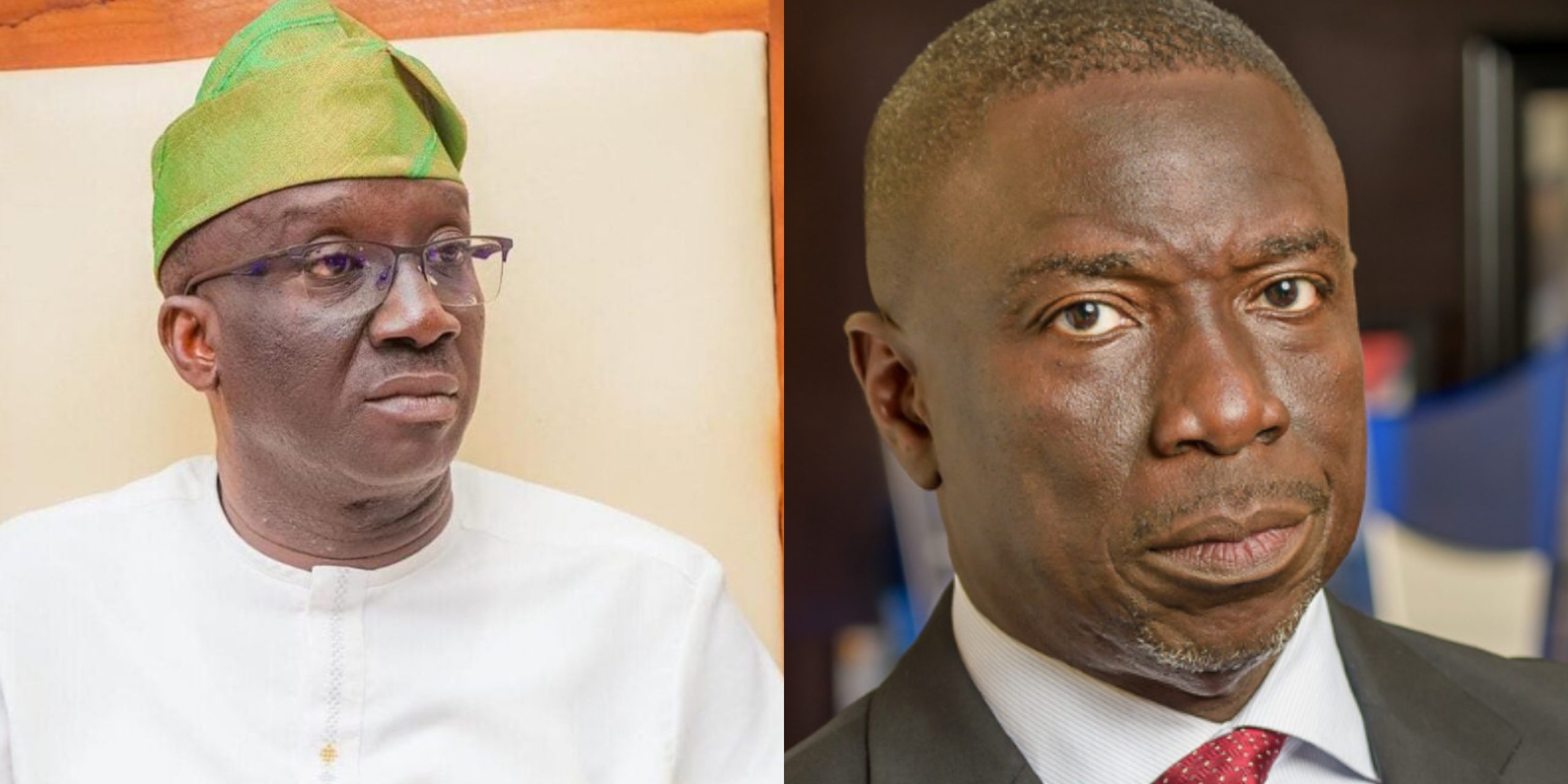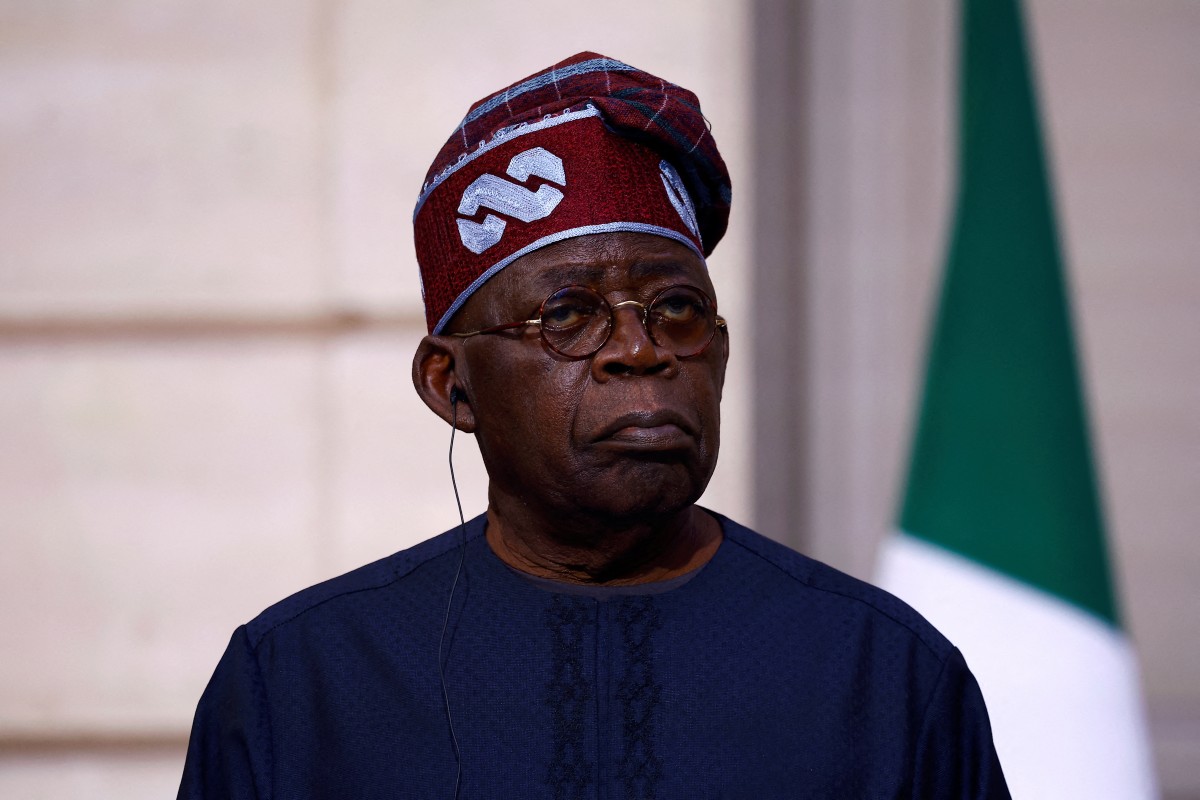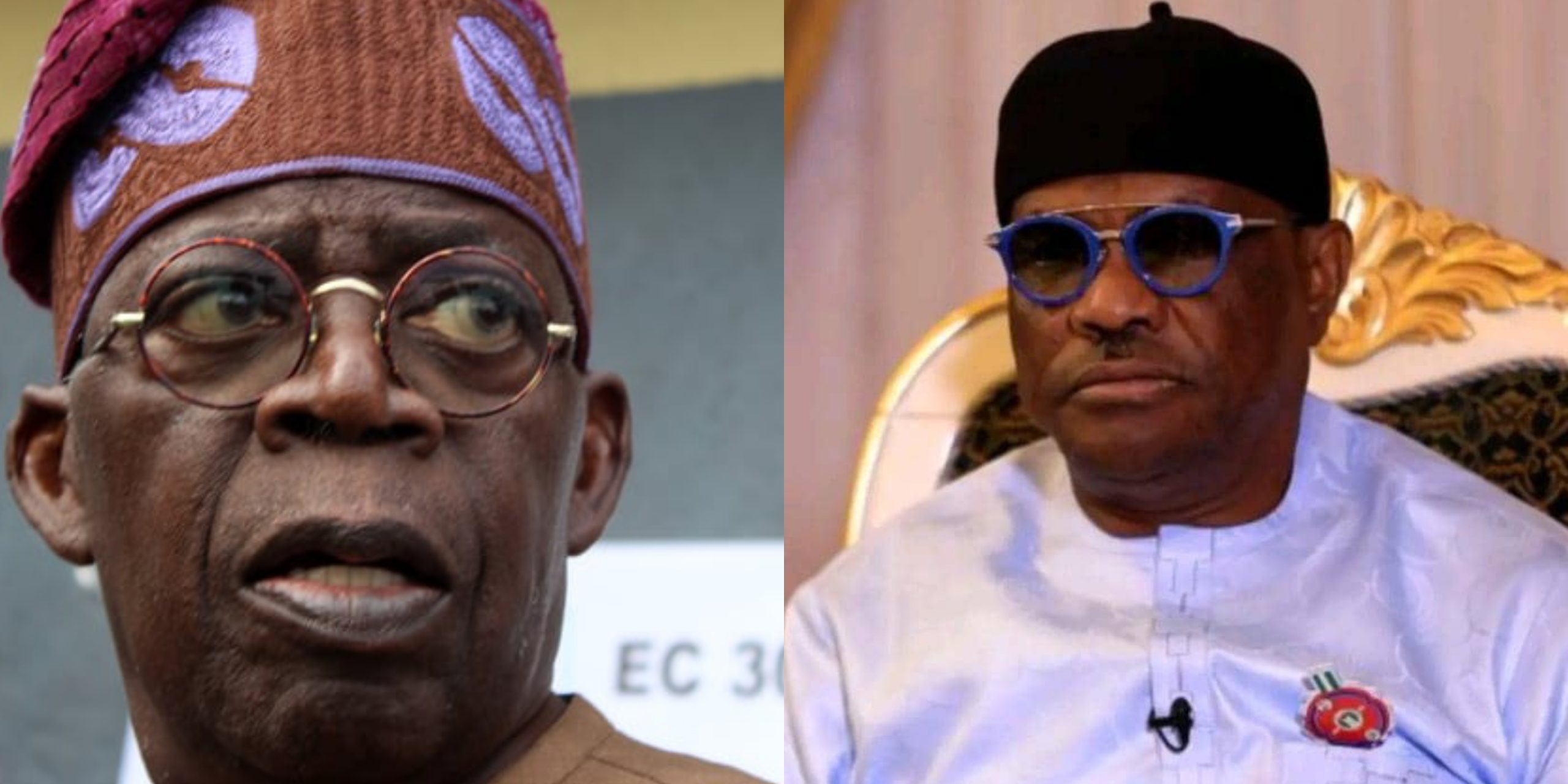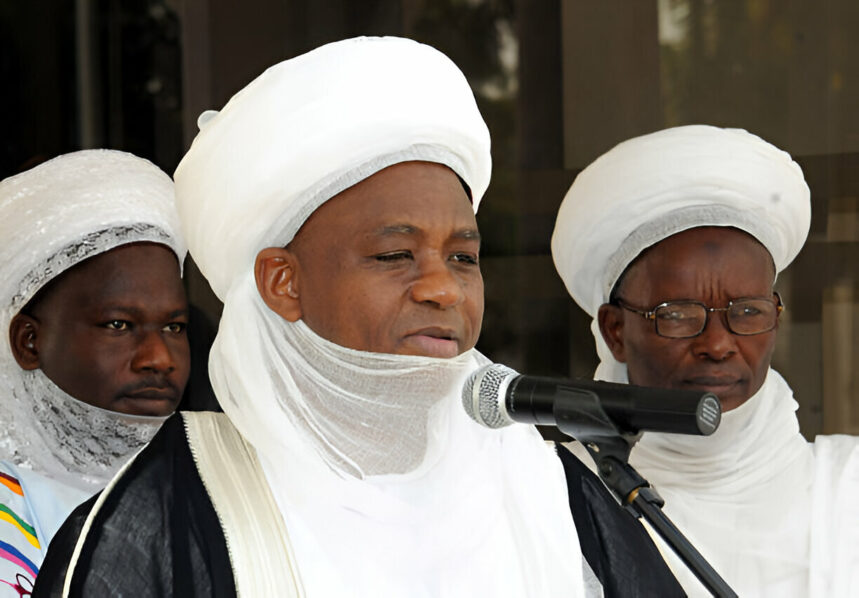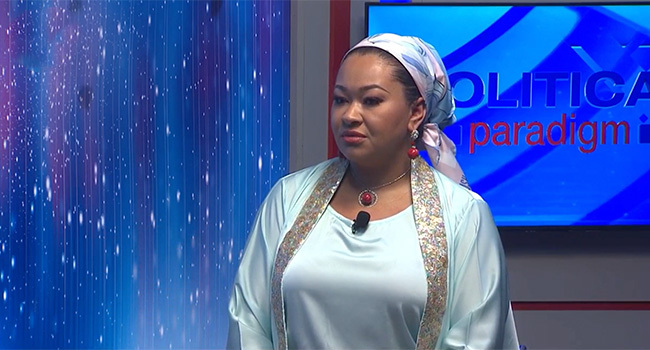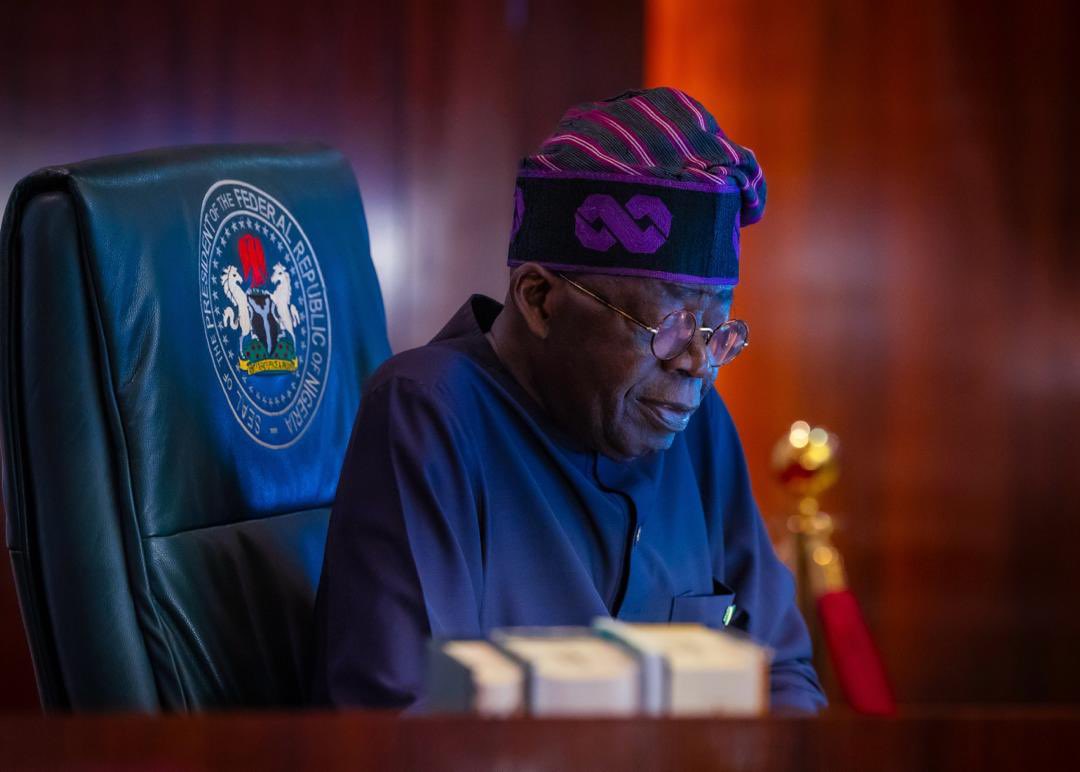President Bola Tinubu has been advised to step down from his role as Minister of Petroleum.
This advice was given by the Labour Party (LP) following the recent cabinet reshuffle aimed at addressing underperformance among ministers.
The National Publicity Secretary of the party, Obiora Ifoh, in an interview with Saturday Sun, called for this resignation, criticizing Tinubu’s handling of the petroleum sector amidst unfulfilled promises and worsening economic conditions.
Ifoh argued that the changes barely addressed Nigeria’s core economic challenges.
The party chieftain expressed disappointment that, while underperforming ministers in other sectors were replaced, the petroleum ministry remained under Tinubu’s control, despite its poor performance.
According to the LP, the ministry—responsible for generating over 70 percent of Nigeria’s annual revenue—has failed to meet expectations.
The party highlighted unresolved issues, including the inability to revive refineries, soaring pump prices, and an inconsistent subsidy policy.
Ifoh argued that these issues have placed additional strain on an economy already grappling with inflation and currency devaluation.
He said, “And when we are talking about the ministry of petroleum, we are talking of the one that is expected to generate over 70 percent of our income annually.
“The Minister of Petroleum has become the worst minister as far as this dispensation is concerned.
“The Ministry of Petroleum, under President Bola Ahmed Tinubu, has performed poorly and needs to be changed. But the issue is that the President cannot sack himself in our clime. We thought he should live up to his words.
“He should be able to tell us how many barrels of oil Nigeria produces and exports daily and also how many we consume locally. He should be able also to tell us how many refineries have been fixed under his administration.
“The Minister of Petroleum should be able to tell us the reason for the arbitrary increase in pump price and lack of the product at the same time. Nigerians are still waiting to be educated on the integrity of subsidy policy summersaults”


